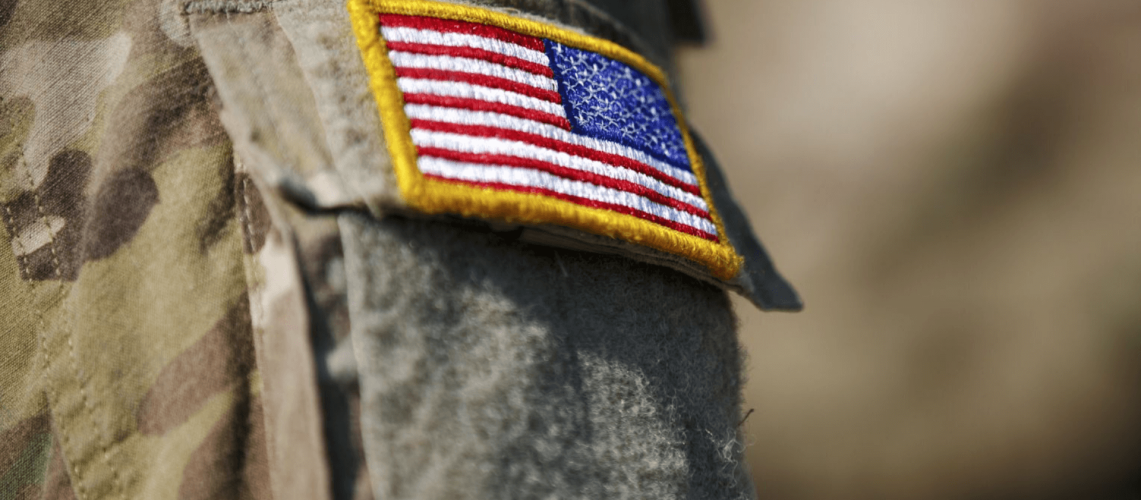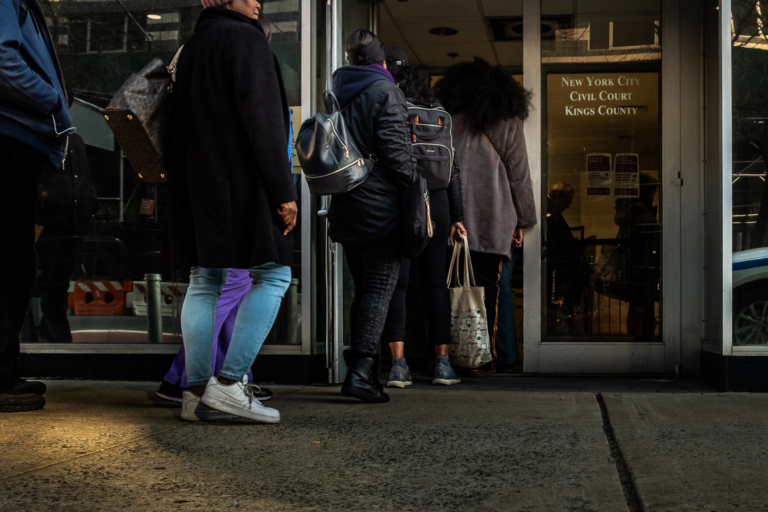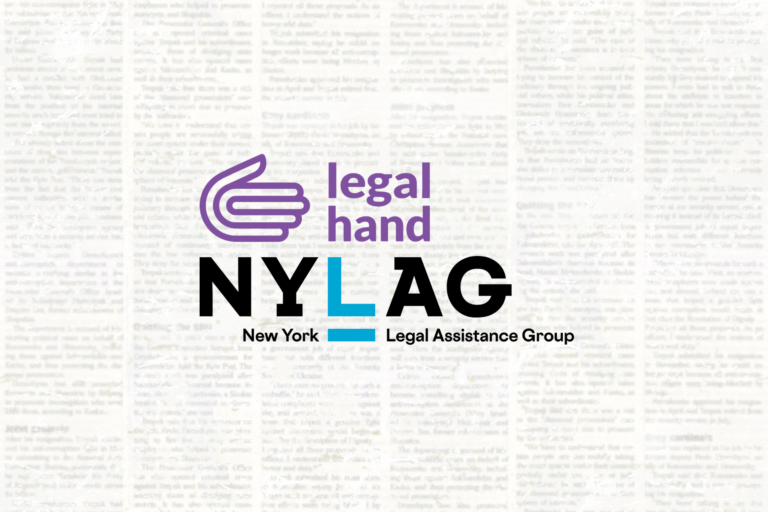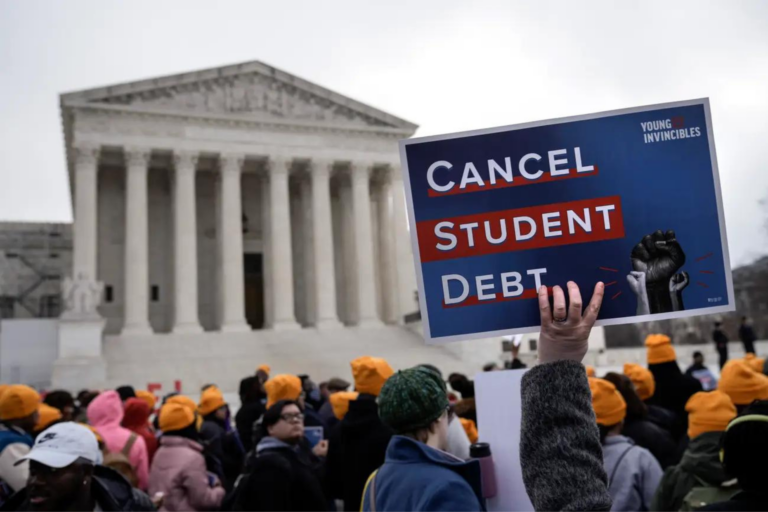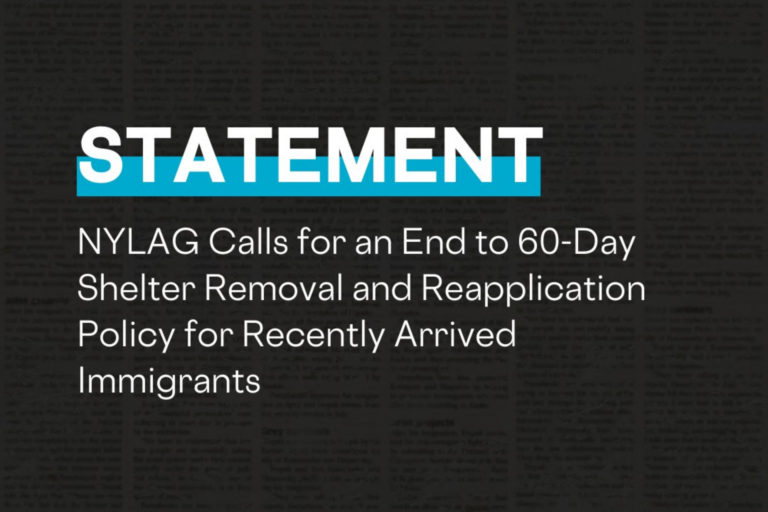By Samantha Kubek
Fox News
Congress should act swiftly to approve long overdue legislation introduced Thursday to strengthen the prosecution of sexual assault in the military.
The Defense Department estimates that about 8,600 women and 6,300 men were sexually assaulted in our armed forces last year. Most victims were attacked more than once, resulting in over 70,000 sexual assaults in 2016 alone.
As a civil legal aid attorney representing women who are survivors of military sexual assault, I have seen the terrible suffering of far too many and the failure of the military to adequately punish attackers and help survivors deal with their trauma.
For example, one of my clients was raped by several men in a single incident when she was in the Army. She went to her commanding officer still covered in her own blood. After seeing her condition, his response was simply: “Can you soldier on?”
Another of my clients experienced severe and persistent sexual harassment during training. When she reported this, no actions were taken against her harasser. Instead, her life was made a living hell. She was eventually raped. By that time, she had learned that to report sexual misconduct was to suffer more harassment; to stay silent meant avoiding further pain.
Sen. Kirsten Gillibrand, D-N.Y., introduced the Military Justice Improvement Act on Thursday, seeking to move the decision-making authority on whether to prosecute sexual assault and other serious crimes to independent, professional military prosecutors. This would be a big improvement over the current practice of service members reporting sexual assault up the chain of command to their military superiors. Too many such reports have been ignored.
In fact the Washington Post reported in October: “The Army is grappling with a resurgence of cases in which troops responsible for preventing sexual assault have been accused of rape and related crimes.” When the military members assigned to investigate sexual assault crimes instead assault the victims again, something is terribly wrong.
And while many stories of sexual assault have emerged in recent weeks against prominent men in the entertainment industry, at news organizations, in government and in business, we must not forget this long-known epidemic within our military. These survivors are willing to risk their lives for America. They should not have to endure attacks by their comrades in arms.
On top of this, members of the military often live together on bases, have to take orders from their superiors (including some who have committed sexual assault), and can’t just quit their jobs after surviving an assault.
I represent women veterans through legal clinics at Department of Veterans Affairs hospitals. The majority of my clients are survivors of military sexual assault or rape. I represent these women on their VA benefits cases, helping them to obtain monthly compensation for the lasting trauma they still bear.
Lawyers are crucial in helping sexual assault survivors succeed in wining compensation in their claims. I came to this work as a survivor of sexual assault myself, so I know the importance of receiving trauma-informed care and support.
For many of my clients, recounting the story of their attacks to me can be an incredibly difficult and retriggering process. Without legal support that emphasizes cultural competency of working with survivors of trauma, many of my clients would not get the justice they deserve. Working with them is a constant reminder to me of the ways in which sexual assault trauma far outlasts the battlefield.
Nearly 500,000 veterans have survived military sexual trauma. In the wake of “me too” echoing across Twitter this past month by survivors of sexual assault and misconduct, many have put faces to the victims of sexual crimes. But those familiar with the military history of sexual assault don’t need this awakening. We’ve known about this outrage for many years.
To be sure, the military has made strides in certain areas. Since 2005, the Sexual Assault Prevention and Response Office at the Department of Defense has served as a single point of authority for accountability and oversight. The Safe Helpline was created to enable service men and women to reach out anonymously after an attack. But we must do more.
In addition to passing the Military Justice Improvement Act, Congress should also pass the Deborah Sampson Act, ensuring that women veterans gain critically needed support as they struggle to repair their lives after their assaults. As a key component of this act, the government would be mandated to establish a partnership with at least one nongovernmental organization to provide legal services to women veterans.
Our military cannot condone the epidemic of daily sexual assaults on soldiers, sailors, airmen, airwomen and Marines. We need reform and we need to care for service members and veterans already suffering because of military sexual assault.
Originally published by Fox News on November 16, 2017
Samantha Kubek is an Equal Justice Works fellow sponsored by Greystone & Co., Inc. and Greenberg Traurig, LLP in the Legal Health division of the New York Legal Assistance Group. While at NYLAG she started the first-ever legal clinic for female veterans in the U.S.

